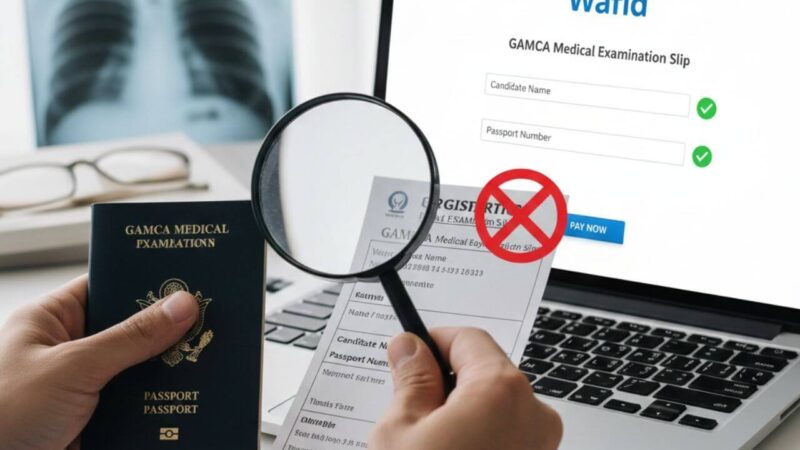Clinical Trial Logistics Factors You Need To Consider

Managing clinical trial logistics is a complex process that requires careful consideration of numerous factors. These factors play a crucial role in ensuring the smooth execution of clinical trials, from the initial planning stages to the final analysis and reporting. Properly managing these logistics can significantly impact the efficiency, cost, and overall success of the trial. This blog explores the essential factors you need to consider when managing clinical trial logistics.
Regulatory Compliance
One of the foremost considerations in clinical trial logistics is regulatory compliance. Each country has its own set of regulations governing clinical trials, and failure to comply with these regulations can lead to significant delays or even the termination of the trial. Key aspects include:
- Understanding Local Regulations: Familiarize yourself with the regulatory requirements of each country involved in the trial. This includes guidelines on import/export, patient safety, data management, and ethical standards.
- Documentation: Maintain accurate and comprehensive documentation of all trial activities. This includes regulatory submissions, informed consent forms, and data collection records. Proper documentation ensures transparency and compliance during audits and inspections.
Participant Recruitment and Retention
Recruiting and retaining participants is one of the most challenging aspects of clinical trials. Effective strategies to address this include:
- Targeted Recruitment Campaigns: Develop recruitment campaigns tailored to the specific demographics of the trial population. Utilize various channels, including social media, community outreach, and healthcare networks, to reach potential participants.
- Participant Engagement: Maintain regular communication with participants to keep them informed and engaged throughout the trial. Providing clear information about the trial’s purpose, procedures, and benefits can enhance retention rates.
Site Selection and Management
Choosing the right sites for your clinical trial is crucial for its success. Factors to consider include:
- Site Capabilities: Assess the infrastructure, experience, and capabilities of potential trial sites. Ensure they have the necessary facilities, equipment, and trained personnel to conduct the trial according to protocol.
- Geographical Considerations: Consider the geographical distribution of sites to ensure diversity in the trial population and ease of access for participants. This can also help mitigate risks related to regional disruptions.
Supply Chain Management
Efficient supply chain management is essential for the timely and secure delivery of investigational products and other trial materials. Key considerations include:
- Inventory Control: Implement robust inventory management systems to track the availability and movement of supplies. This helps prevent shortages and overstocking, ensuring that all sites have the necessary materials at all times.
- Cold Chain Logistics: For temperature-sensitive products, ensure that the supply chain includes adequate cold chain logistics. Use insulated packaging, temperature monitoring devices, and contingency plans to maintain product stability during transportation and storage.
Data Management and Security
Accurate and secure data management is critical for the integrity of clinical trials. Considerations include:
- Electronic Data Capture (EDC): Utilize EDC systems to streamline data collection and improve accuracy. These systems facilitate real-time data entry and monitoring, reducing the risk of errors.
- Data Security: Implement robust data security measures to protect sensitive information. This includes encryption, secure access controls, and regular security audits to prevent data breaches.
Risk Management
Effective risk management helps anticipate and mitigate potential issues that could impact the trial. Key steps include:
- Risk Assessment: Conduct a thorough risk assessment to identify potential risks related to logistics, regulatory compliance, and participant safety. Evaluate the likelihood and impact of these risks.
- Contingency Planning: Develop contingency plans to address identified risks. This includes alternative sourcing strategies, backup suppliers, and emergency response protocols to ensure the trial can continue smoothly despite unforeseen challenges.
Technology Integration
Leveraging technology can significantly enhance the efficiency and effectiveness of clinical trial logistics. Considerations include:
- Clinical Trial Management Systems (CTMS): Implement CTMS to integrate and manage all aspects of the trial. These systems provide real-time data, facilitate communication, and streamline processes.
- Blockchain Technology: Explore the use of blockchain for enhanced transparency and traceability in the supply chain. Blockchain can provide secure and immutable records of all transactions and movements of investigational products.
Communication and Collaboration
Effective communication and collaboration among all stakeholders are crucial for the success of clinical trials. Considerations include:
- Stakeholder Engagement: Engage all relevant stakeholders, including trial sites, regulatory bodies, and participants, early in the planning process. Regular communication ensures alignment and addresses any concerns promptly.
- Cross-Functional Teams: Establish cross-functional teams to manage different aspects of the trial. This promotes collaboration and ensures that all logistical elements are coordinated efficiently.
Budgeting and Cost Management
Finally, managing the budget effectively is critical for the success of clinical trials. Considerations include:
- Detailed Budgeting: Develop a detailed budget that accounts for all logistical aspects, including transportation, storage, regulatory compliance, and personnel. Regularly review and adjust the budget to reflect actual expenditures and prevent cost overruns.
- Cost-Benefit Analysis: Conduct cost-benefit analyses to evaluate the financial implications of different logistical strategies. This helps optimize resource allocation and ensures that the trial remains financially viable.
Conclusion
Managing clinical trial logistics is a multifaceted process that requires careful planning and execution. By considering factors such as regulatory compliance, participant recruitment, site selection, supply chain management, data security, risk management, technology integration, communication, and budgeting, researchers can enhance the efficiency and success of their clinical trials. These best practices ensure that trials are conducted smoothly, on time, and within budget, ultimately contributing to the advancement of medical research and the development of new treatments.





